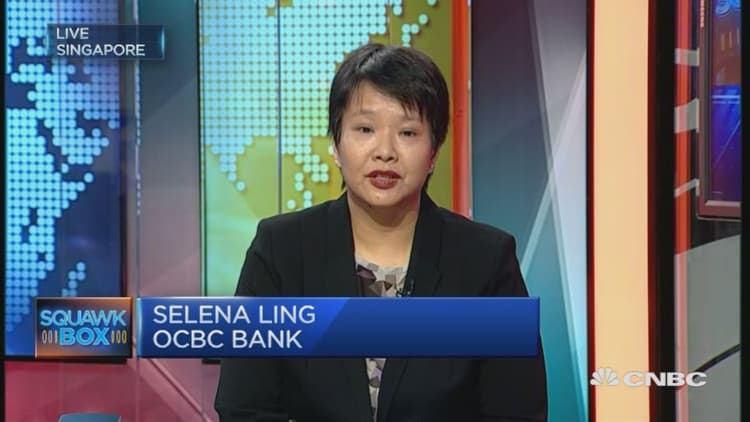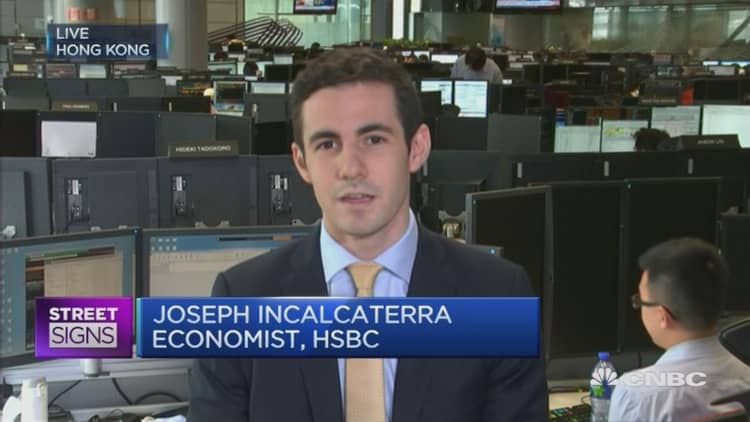
Cooling measures sent Singapore's housing market into a long hibernation, but some analysts point to signs of a spring awakening in sales volume, if not yet prices.
Tan Min Lan, head of the Asia Pacific investment office for UBS Wealth Management, said the bank had been bearish on Singapore property prices for "quite a few years."
But that was changing, she said.
"Singapore has dropped from an overvalued market globally, compared with global competitors, to now fairly valued," she said, noting the headline government price index was down about 11 percent since 2013.
"If you look at it in terms of real terms, adjusted for income, this is the longest stretch of decline in property prices in Singapore in 40 years," she said. "And unlike Hong Kong, Singapore actually has household income increase in the last five years," improving affordability, she noted.
There were some signs of a pickup visible in government data, with the number of new homes sold rising to 1,252 in October, from 509 in September, the highest number of sales since July 2015, although there were also more new property launches during the month.
But while sales have picked up, prices may not.
Private residential property prices dropped 1.5 percent on-quarter in the third quarter, according to government data, marking 12 straight quarters of declines and the largest on-quarter drop since 2009 during the global financial crisis.
Those declines followed a series of cooling measures from the government to rein in the housing market's sharp price rises. From 2011, Singapore's government imposed a series of cooling measures, including an Additional Buyer's Stamp Duty, which adds much as an additional 15 percent to the purchase price for foreign buyers and Singaporeans with more than one property.
Tan noted that the measures had "done very well" at gradually stabilizing the market, with prices declining around 4-5 percent each year. She expected another 12 percent pricing decline.
But she didn't expect the government would remove the cooling measures soon.
"The developers will not get a lift from policy relief, they will not get a lift from property prices going up, but they may see volume activity or turnover rising," she said. "(Next year) is not going to be a great year for property prices because supply is still quite high. But once you hit 2018-19, then supply will fall by about 19 percent (each) year."
Others also pointed to signs of sales picking up.

"The physical market has reached a post-credit and policy tightening volume equilibrium," analysts at CIMB said in a note in mid-November.
But while CIMB pointed to stabilizing sales, it said the price outlook was still clouded by high inventory and weak rents.
"We think it is still too early to expect a price recovery at this point, due to high incoming supply," CIMB said.
—By CNBC.Com's Leslie Shaffer; Follow her on Twitter @LeslieShaffer1


